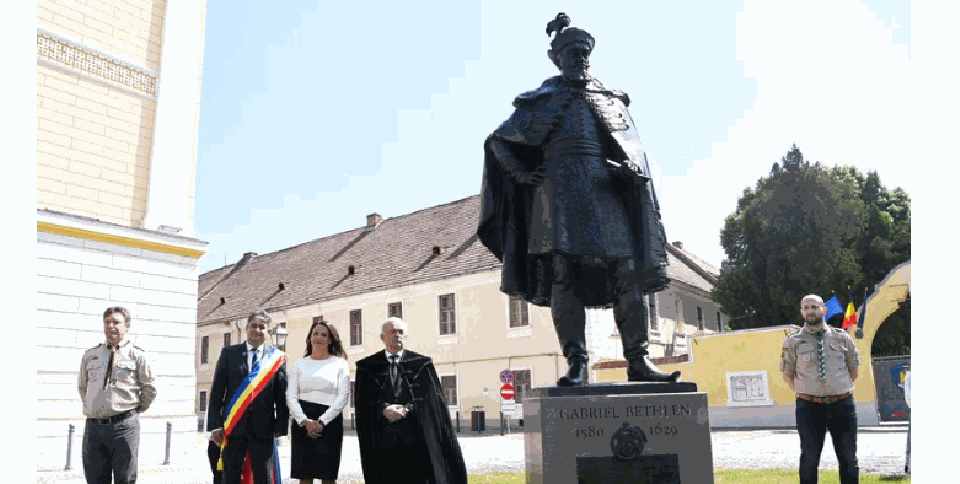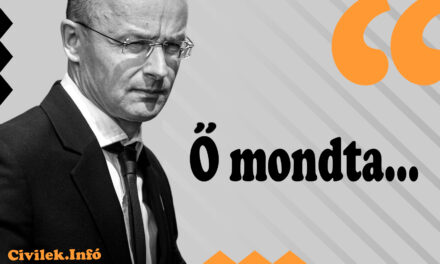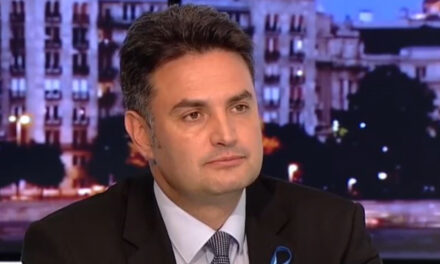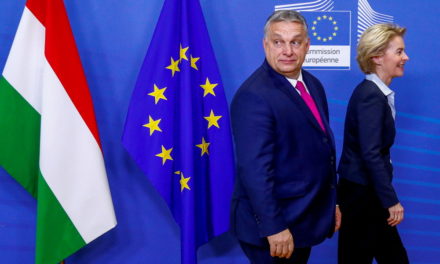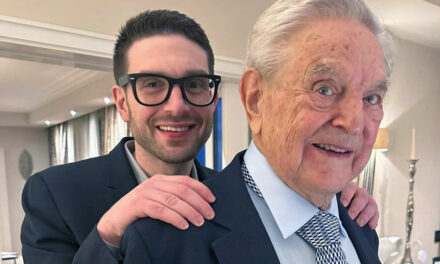Neither Ady's friend, Octavian Goga, knew what we, Hungarians and Romanians, should do with each other (as neither did Ady), nor did Miklós Bánffy, who discussed with the Romanian shepherds, as did the bewildered Ceausescu and Kádár, or Medgyessy, who was toasting with his new friends on December 1 he had no idea how to proceed. Let's face it: to this day, no one knows the answer to how Hungarians and Romanians could live in peace in Transylvania or anywhere where the threatening shadow of 1918 does not nestle in each other's hearts.
Now, when our President Katalin Novák was persuaded by the Romanians not to feel obliged to represent the Transylvanian Hungarians, it would have been good if the attackers had packaged their excuses somewhat elegantly. Failed. We have recently learned that the representation of Romanian citizens can be provided by the Romanian state and no one else, and - as the objector subtly points out - a distinction must be made between Hungarians and Hungarians on the pretext of their place of birth and citizenship.
We're not so sure about that.
Perhaps because our national conception is more modern than that of the Romanian government. Not the XIX. We believe in 20th century nation-states, in binding to a sacred and unbending knot, but in a Europe without borders, and consequently in individual and citizen freedom, regionalism and broad powers. It is certainly sad that the government in Bucharest does not get around to asking the question: have they fulfilled everything from the wide range that the Romanian side imposed on itself during the peace around Paris? Are they at all familiar with the set of promises they themselves have sanctioned regarding the free language use, ownership, and self-government of national minorities?
Let us not deceive ourselves: the Romanian government protects the Romanian national interest first and foremost, because that is its job. And after the tragedy, one hundred and two years later, let us declare our legally and morally indisputable proposition: every Hungarian is responsible for every Hungarian. There is no force in the world that could once again force the Hungarian state to remain silent as an accomplice and liar under communism.
We also have a strange feeling when we think that the vigilant Romanian government should explain not only to the Hungarian head of state, but also to its own citizens, why the 19th century is better. century than in 2022. I am thinking that when most of the Romanian ice hockey team sings together with the Hungarian national team or when the soccer fans from Sepsiszentgyörgy start singing the Székely national anthem in the Bucharest arena, it is as if they do not understand the state petitioner exactly. They live, sing and think as Hungarians in Transylvania - we apologize that for some reason they do not aspire to become the majority.
So what should Romanians and Hungarians do with each other? Let's start with the first step: let's admit that the Hungarian free man from Transylvania is not only watched over by the Romanian government, given that he and his own community are not Romanian in the first place. Life and history show us a slightly more complicated solution formula than what is expected in Bucharest. Hungarian is simply Hungarian - we start from this, and let's face it, we stop somewhere at the final reckoning. And if anything, this approach will certainly not change as long as Hungarians and Romanians live together in the lap of the Carpathians. We are writing this simply because, just as the Romanian interest is the most important for us Hungarians, the Hungarian interest is the most important. Also, first of all, the many millions of separated Hungarians, whom we look upon with the same fearful love and attention as the ones from the motherland. It is that simple.
Source: Hungarian Nation
Photo: Katalin Novák in Gyulafehérvár (Photo: MTI/Noémi Bruzák)

